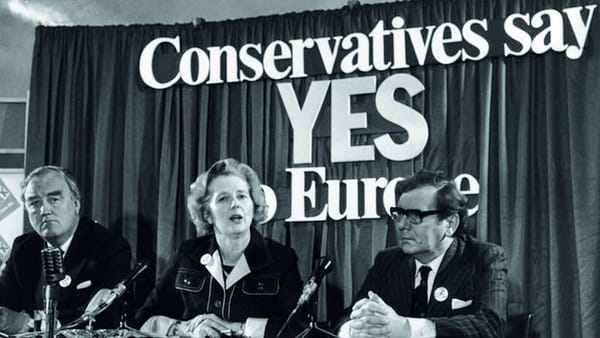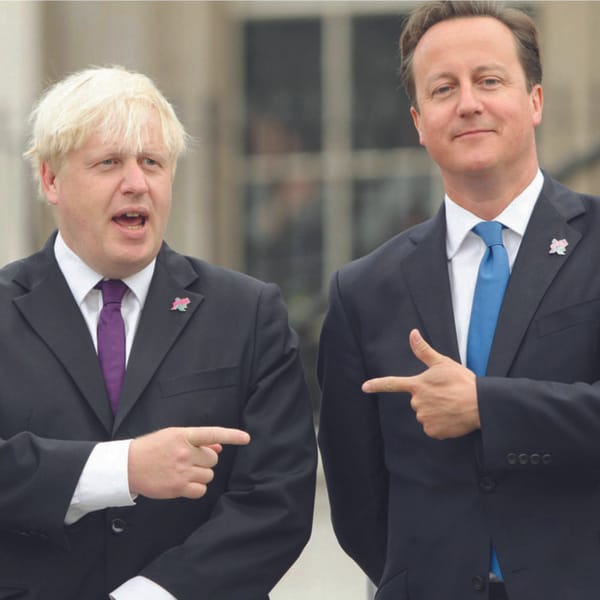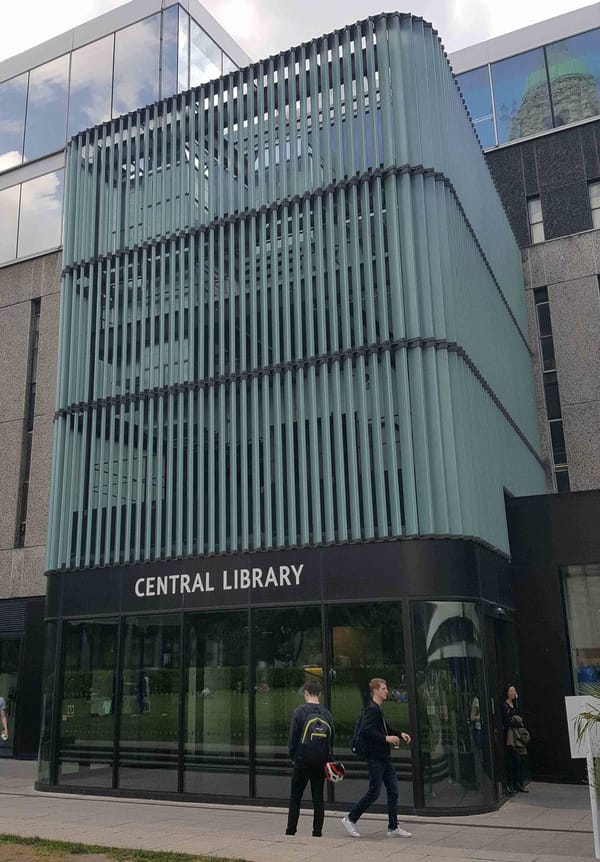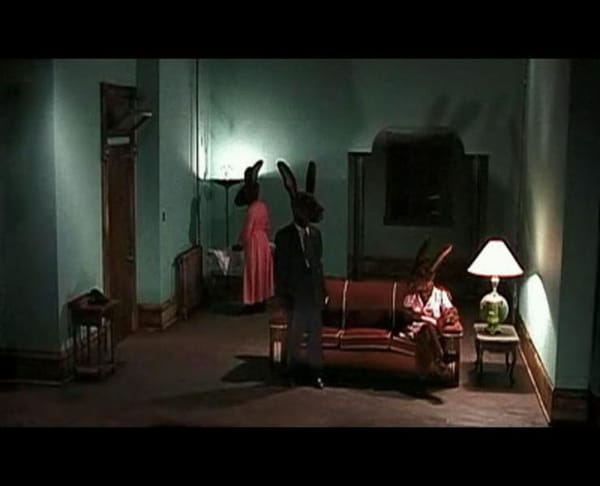The EU is good for Europe
But pretty bad for the rest of the world
Let me start by saying that, generally, I am pro EU. Before university, I went to a European school, where I was taught extensively about the European Union in my history and geography classes. I’m not blind to the faults of the EU, namely that it is a prohibitively beaurocratic institution run by technocrats and MEPs elected by only 42.5% of the voting public. Nonetheless, I would argue that on the whole, the EU is beneficial to Europeans.
However, the EU has not been a good thing for the rest of the world. In particular, the EU's policies on immigration and agriculture have particularly detrimental effects on the developing world. The term ‘Fortress Europe’ was originally coined in the Second World War to describe the areas of continental Europe occupied by Nazi Germany, but it is an equally apt description of Europe’s policies today.
The cornerstone of EU farming policy is the Common Agricultural Policy (CAP), which subsidises farming within the EU, accounting for nearly 40% of the EU’s budget. Along with tariffs on food coming from outside of the EU, the CAP has allowed EU countries to become largely self-sufficient on food post-war. This protectionism (common to most developed countries) not only makes some foods more expensive for Europeans, it also harms farmers in developing countries who not only can’t afford to export their food, but also have to deal with artificially cheap products coming from the EU.
Then there’s immigration: over the past year we’ve been told that there’s a refugee crisis in Europe. There isn’t, at least not in Europe. Lebanon and Jordan have opened their borders to 2.5 million refugees in the past four years, representing a 20% increase in the total population of these two countries. Compare this to the 200,000 refugees that the EU is now trying to deport to Turkey which represent an increase of 0.04% in the EU’s population. Jordan and Lebanon are reaching a tipping point which could easily be avoided if the EU opened its borders and shared the burden of this humanitarian crisis.
What makes this all particularly galling is that, through the WTO and other organisations, the EU promotes neo-liberal policies like free trade and migration while doing exactly the opposite at home. These policies are often imposed on developing countries through IMF and World Bank loans, but it happens at home as well; in 2012 EU loans to Greece were granted on the condition that Greece open up its energy sector.
The debate over Brexit has revolved around, "Would this make me better off?". While I would like to think that the whole point of the EU is that it turns the ‘me’ into an ‘us’, the truth is the EU is just as self-interested as any other nation.








